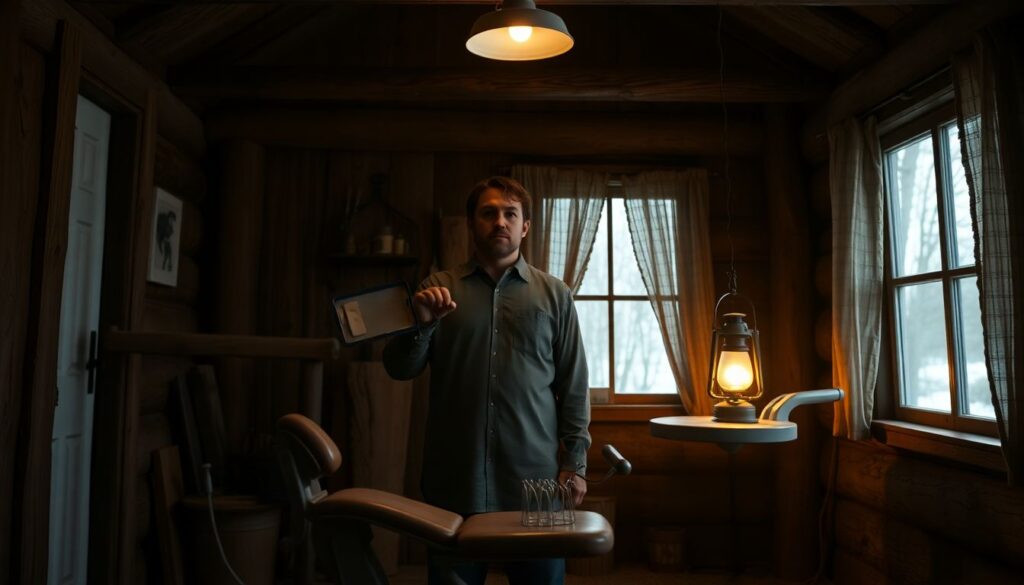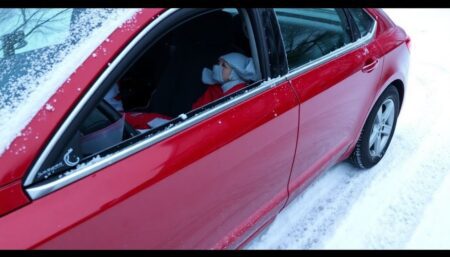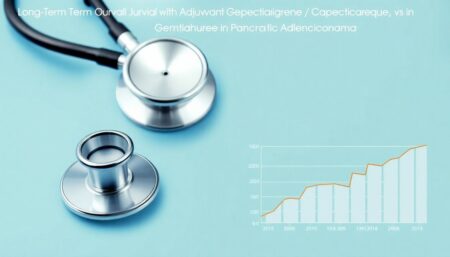Have you ever found yourself in a situation where you’re miles away from the nearest dentist, perhaps in the wilderness, or during a power outage, or even in a post-disaster scenario, and suddenly, you’re faced with a throbbing toothache? You’re not alone. According to the World Health Organization, around 3.5 billion people worldwide lack access to basic dental care, and in emergency situations, this number can skyrocket. But what if you could be your own dental hero? Welcome to the world of survival dentistry, where we’re not just talking about emergency dental care, but about off-grid oral health that could save you from a world of pain and potential infection.
You might be wondering, ‘How can I possibly take care of my teeth when there’s no dentist around?’ or ‘What if I’m faced with a dental emergency in the middle of nowhere?’ These are valid concerns, and we’re here to address them. The purpose of this article is to empower you with the knowledge and skills to manage your dental health in situations where professional help is not immediately available. By the end of this read, you’ll have a comprehensive understanding of survival dentistry, from preventative care to handling common dental emergencies.
So, let’s agree that having access to dental care is a basic human right, even in the most challenging of circumstances. We promise to provide you with a detailed, step-by-step guide that demystifies dental care, making it accessible and manageable, even when you’re off the grid. And here’s a preview of what’s to come: we’ll delve into the importance of preventative care, explore the essential tools and supplies for a survival dental kit, and guide you through common dental emergencies, from toothaches to knocked-out teeth. So, are you ready to take control of your oral health, no matter where you are? Let’s dive in!
Mastering Emergency Dental Care When You’re Far from the Dentist
Imagine this: you’re on a remote hiking trip, miles away from the nearest town, let alone a dentist. Suddenly, a sharp pain shoots through your jaw, and you realize you’ve chipped a tooth on a stray rock. Or perhaps you’re on a cruise, enjoying the waves, when a popcorn kernel gets lodged between your teeth, causing excruciating pain. These are scenarios where mastering emergency dental care can be a lifesaver, quite literally. While it’s always best to seek professional help, knowing how to handle dental emergencies when you’re far from the dentist can make all the difference. This is where our guide comes in. We’ll explore simple, yet effective techniques to manage common dental issues until you can reach a professional. From handling a knocked-out tooth to dealing with a severe toothache, we’ll provide step-by-step instructions that are easy to understand and remember. So, whether you’re an avid traveler, a sports enthusiast, or simply someone who likes to be prepared, this guide is for you. After all, dental health is not something that should be left to chance, especially when you’re far from the comfort and safety of your regular dentist’s office. So, let’s dive in and learn how to take care of our teeth, even when we’re miles away from professional help.
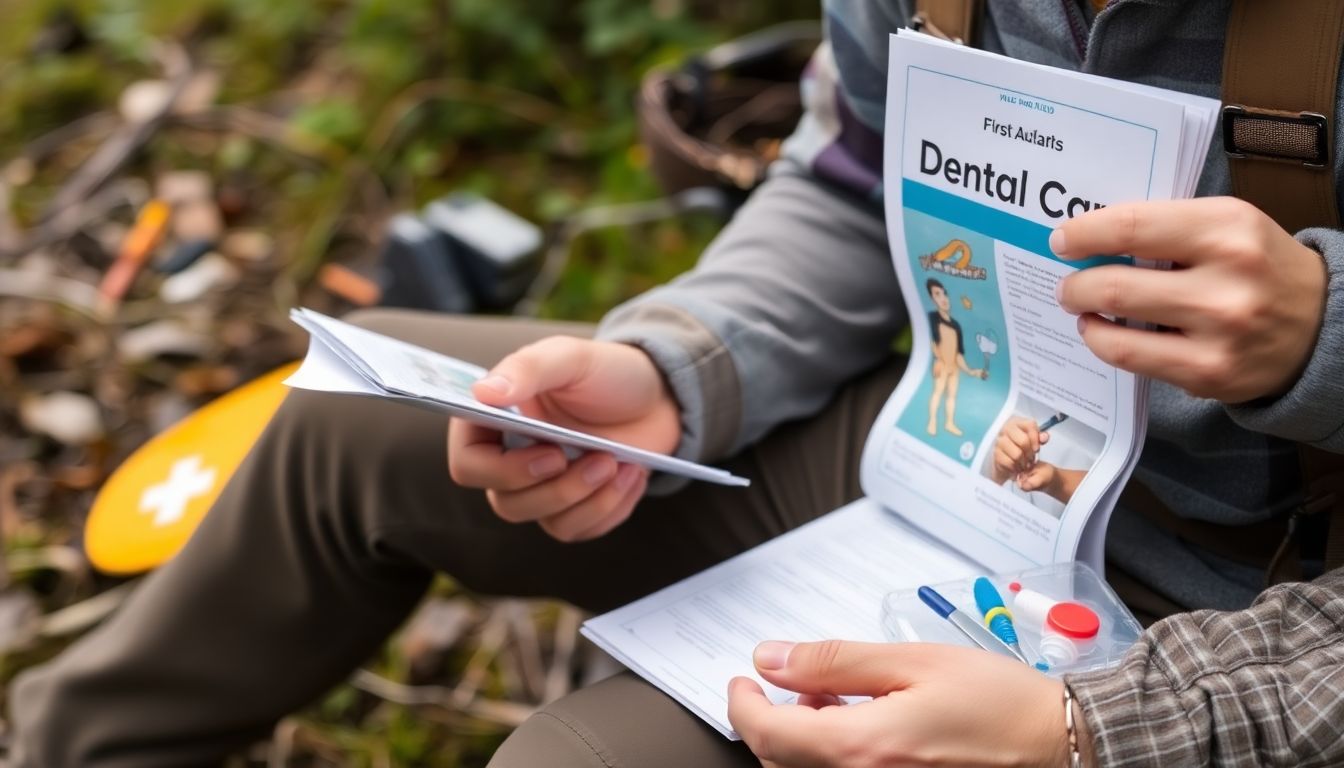
Understanding Off-Grid Dental Care
In the realm of survival situations, dental care might not be the first thing that comes to mind, but it’s a crucial aspect that can significantly impact your overall health and well-being. Dental issues can lead to infections, which can then spread to other parts of the body, potentially becoming life-threatening. This is why understanding off-grid dental care is not just important, but often overlooked.
The challenges faced in survival dentistry are numerous. Access to professional dental care might be limited or non-existent, and even if it is available, it might not be a priority when other survival needs are pressing. Additionally, maintaining dental hygiene can be difficult without access to clean water, toothpaste, or dental floss. Moreover, dental emergencies can be painful and debilitating, affecting one’s ability to perform essential tasks.
This is where basic knowledge of emergency dental care comes into play. It can mean the difference between managing a dental issue and it becoming a life-threatening infection. It’s not about becoming a dentist, but rather understanding how to handle common dental emergencies, like how to temporarily fill a cavity, how to deal with a knocked-out tooth, or how to manage tooth pain.
It’s important to note the difference between survival dentistry and regular dental care. Regular dental care is preventive and focuses on maintaining oral health through regular check-ups, cleanings, and treatments. In contrast, survival dentistry is reactive and focuses on managing dental emergencies with the resources available. It’s about knowing what to do when you can’t get to a dentist.
In essence, understanding off-grid dental care is about being prepared. It’s about knowing how to handle dental emergencies when you’re off the grid, and how to maintain your oral health in situations where regular dental care might not be available. It’s about understanding that dental care is not a luxury, but a necessity, even in survival situations.
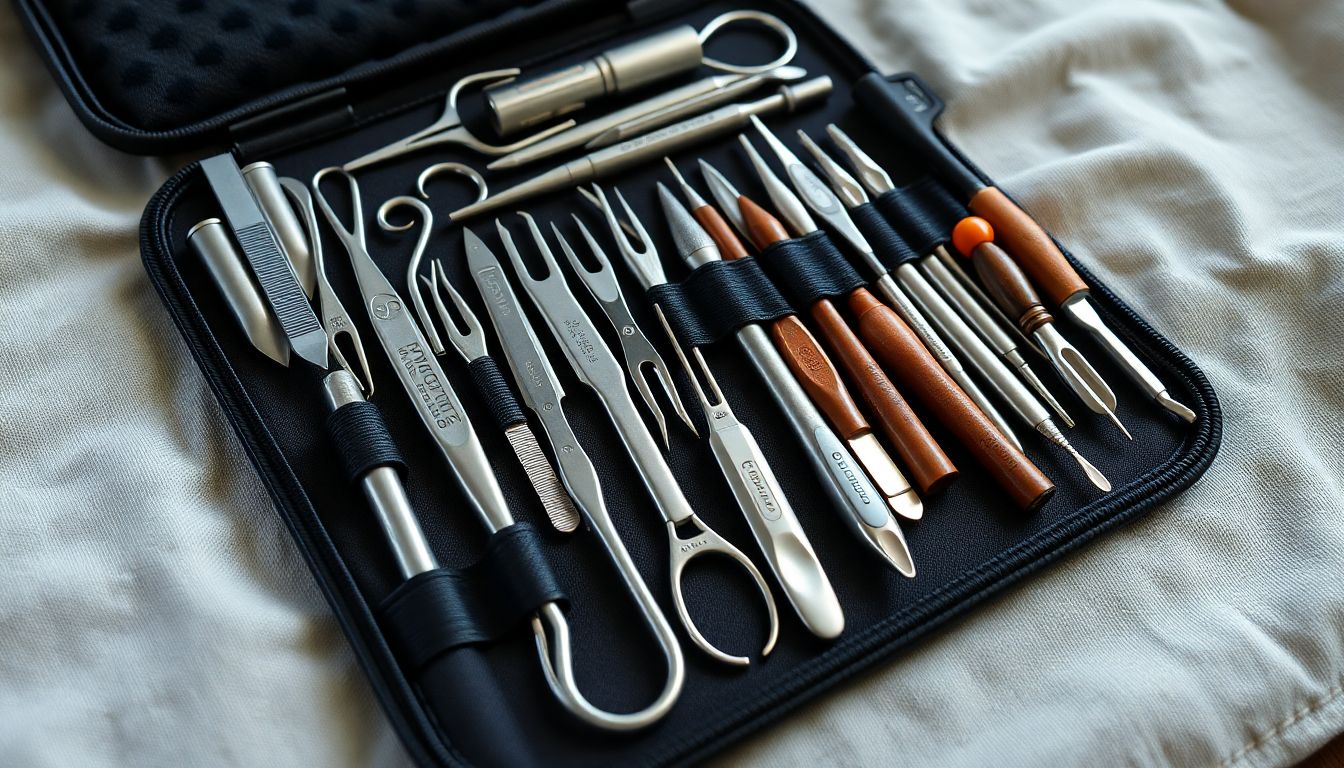
Building Your Off-Grid Dental Kit
Building your off-grid dental kit is a crucial step in ensuring your oral health when you’re away from conventional medical facilities. A well-stocked kit can help you maintain a healthy smile and prevent minor dental issues from becoming major problems. Let’s dive into the essential tools and supplies you’ll need, along with their importance and safe usage.
The cornerstone of your off-grid dental kit is a comprehensive first aid kit. This should include:
- Gloves: To protect both you and the patient from cross-contamination.
- Masks: To prevent the spread of airborne particles during procedures.
- Gauze: For controlling bleeding and applying pressure to wounds.
- Antiseptic wipes: To clean the area around the mouth and prevent infection.
Next, you’ll need a set of basic dental tools:
- Toothbrushes: Essential for maintaining oral hygiene. Opt for travel-sized ones to save space.
- Dental floss: To remove plaque and food particles between teeth.
- Mouth mirror: A small mirror used to examine teeth and gums.
- Sickle probe: A sharp, curved tool used to remove debris and examine teeth.
- Explorer: A fine, sharp tool used to probe teeth for cavities or other issues.
- Dental picks: To remove tartar and plaque.
Pain management is another important aspect of your off-grid dental kit. Include:
- Over-the-counter pain relievers: Like ibuprofen or acetaminophen to manage pain and reduce inflammation.
- Topical anesthetic: To numb the area before procedures, ensuring both patient and dentist comfort.
Lastly, consider including emergency supplies like:
- Emergency dental wax: To cover sharp teeth or fill cavities temporarily.
- Dental cement: To temporarily fill cavities or secure loose crowns.
- Emergency tooth extraction kit: A last resort for severe infections or broken teeth. Always attempt to save the tooth if possible.
Always remember, while these tools can help manage dental issues off-grid, they are no substitute for professional dental care. If possible, seek a dentist’s advice before and after using your off-grid dental kit. Happy travels and healthy smiles!
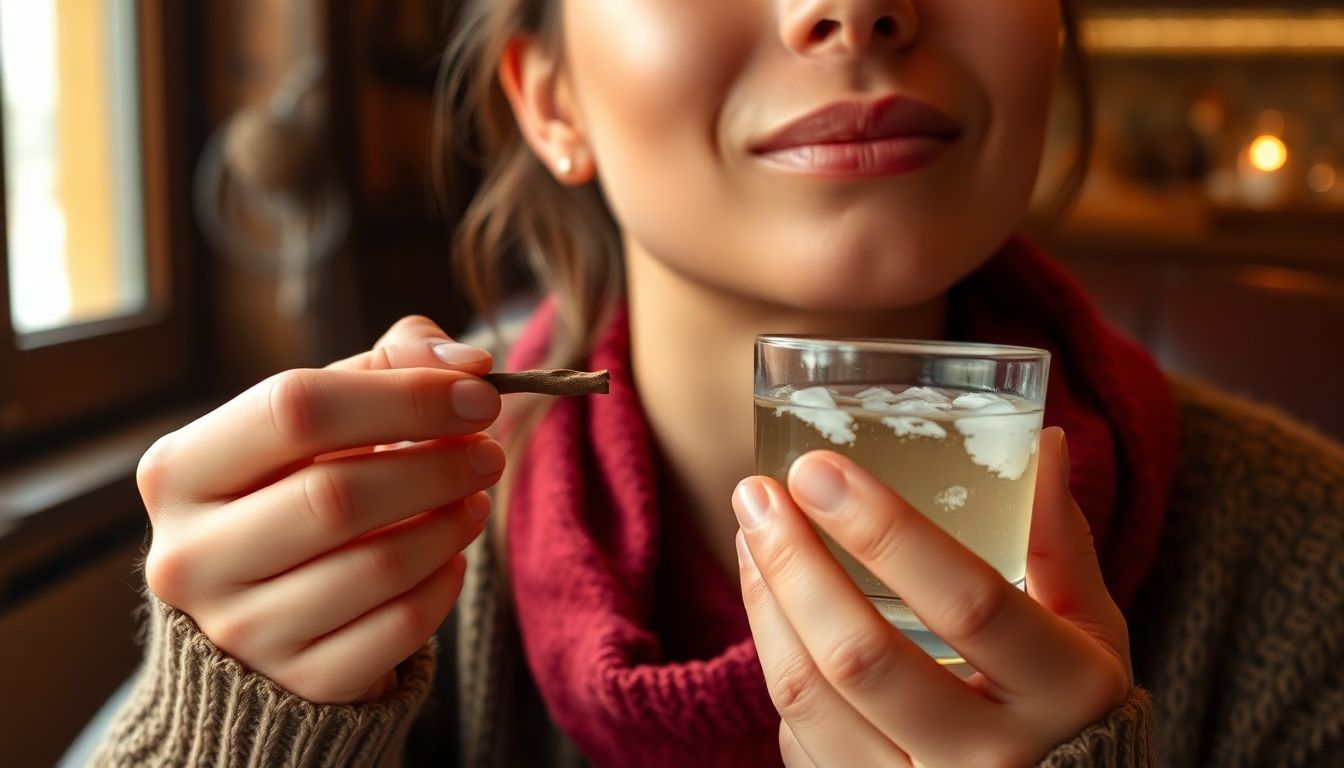
Toothache Remedies and Pain Management
Toothaches can be excruciating, often striking at the most inconvenient times, like when dental care is not readily available. While it’s crucial to seek professional help as soon as possible, there are natural and effective remedies that can provide temporary relief. Let’s explore some of these strategies and discuss pain management techniques.
Firstly, understanding the cause of your toothache can help you choose the right remedy. Toothaches are often caused by infections, cavities, or damaged teeth, and can be accompanied by fever, earache, or difficulty opening your mouth. If you’re experiencing these symptoms, it’s essential to seek professional help promptly.
For immediate relief, try these natural remedies:
- Salt Water Rinse: Mix a teaspoon of salt in a glass of warm water and rinse your mouth. This can help reduce swelling and draw out infection.
- Clove Oil: Apply a drop of clove oil directly to the affected area. Cloves contain a natural anesthetic called eugenol, which can help numb the pain.
- Cold or Hot Compress: Apply a cold or hot compress to your cheek. This can help reduce swelling and ease pain. Some people find that heat works better, while others prefer cold. You can try both to see what works for you.
- Garlic: Crush a fresh clove of garlic and place it directly on the affected tooth. The allicin in garlic has natural antibiotic properties that can help fight infection.
- Over-the-Counter Pain Relievers: While not natural, over-the-counter pain relievers like ibuprofen or acetaminophen can help manage pain until you can see a dentist.
In addition to these remedies, there are several pain management techniques you can use:
- Relaxation Techniques: Stress can exacerbate pain. Try deep breathing exercises, meditation, or yoga to help manage your stress levels.
- Distraction: Engage in an activity you enjoy to take your mind off the pain.
- Maintain a Balanced Diet: Eating a balanced diet can help your body fight infection and promote healing.
- Stay Hydrated: Drinking plenty of water can help rinse away bacteria and prevent dry mouth, which can exacerbate pain.
Remember, these remedies are only temporary solutions. It’s crucial to seek professional dental care as soon as possible. If your toothache is severe, accompanied by fever or earache, or if you notice any swelling in your face or neck, go to the emergency room immediately. Don’t let a toothache turn into a dental emergency that could have been prevented with timely care.
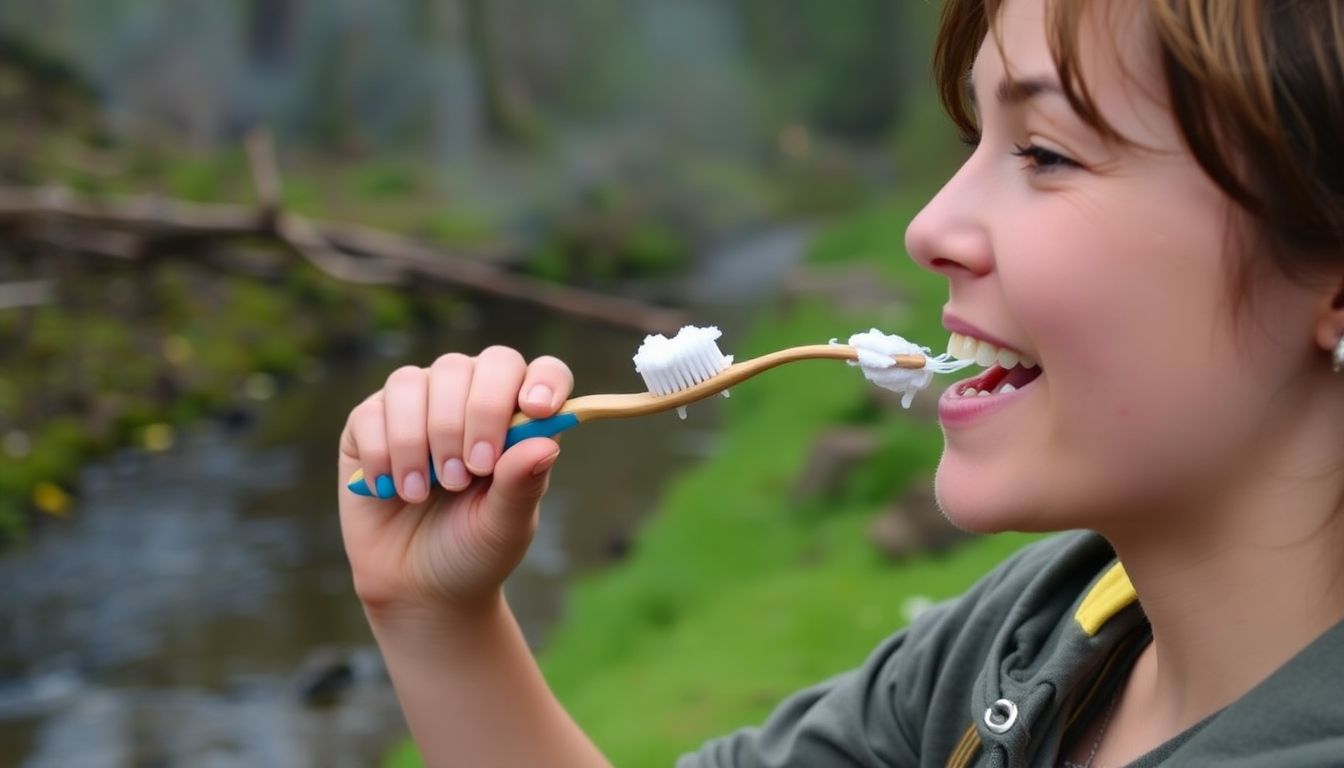
Cleaning Teeth Off-Grid
Maintaining good oral hygiene off-grid, without access to modern dental care, is indeed possible with a bit of creativity and resourcefulness. Let’s explore alternative methods for brushing, flossing, and rinsing.
Brushing:
The most common method of brushing teeth involves a toothbrush and toothpaste. However, off-grid, these might not always be available. A great alternative is to use a chew stick, a small twig from a tree like neem or eucalyptus. Chewing on one before brushing helps to naturally clean teeth and freshen breath. You can also make a homemade toothpaste using baking soda, which is a natural teeth whitener and cleanser. Simply mix a bit of baking soda with water to form a paste.
Flossing:
Flossing is crucial for removing plaque and food particles between teeth. If dental floss is not available, you can use a piece of thin, strong thread or even a small piece of cloth. Waxed dental floss is preferable as it slides between teeth more easily, but unwaxed thread can also work.
Rinsing:
Rinsing helps to remove loose food particles and bacteria. Water is the most basic rinse, but you can also use herbal mouthwashes. Herbs like peppermint, chamomile, and sage have natural antibacterial properties. Simply steep these in hot water, let it cool, and use it as a mouth rinse.
Regularly maintaining these oral hygiene practices, despite being off-grid, can help prevent tooth decay and maintain a healthy smile.
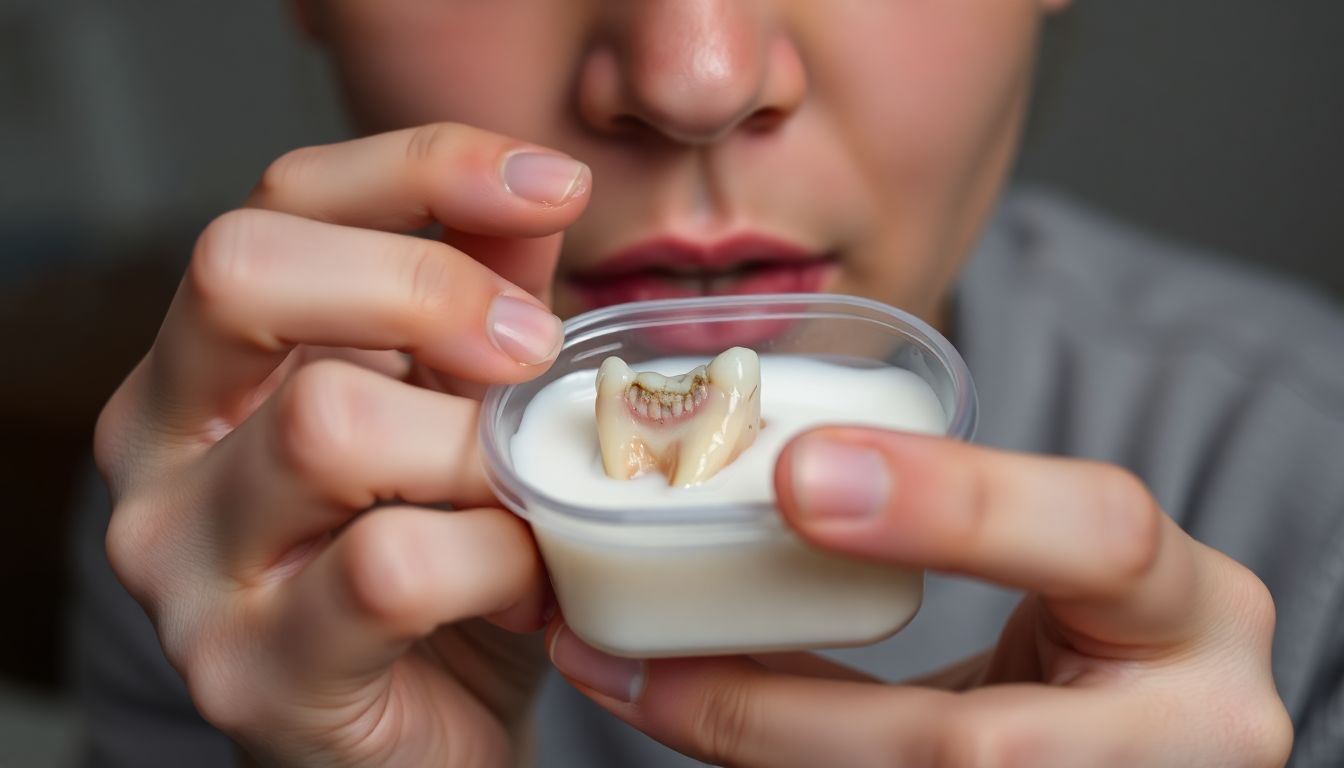
Dental Emergencies: What to Do When a Tooth is Knocked Out
In the heart of the wilderness, dental emergencies can strike without warning. One such alarming situation is a knocked-out tooth. Swift action and careful handling can significantly increase the chances of saving the tooth. Remember, time is of the essence in such cases.
Firstly, stay calm and assess the situation. If the tooth has been completely knocked out, follow these steps:
- Retrieve the tooth carefully: Pick it up by the crown (the part that’s usually visible in the mouth), avoiding contact with the root. If it’s dirty, rinse it gently with water. Do not scrub or use soap.
- Reinsert the tooth if possible: Try to place the tooth back into its socket gently and hold it in place with a clean cloth or gauze. If it won’t go back in, place the tooth in a small container of milk or your own saliva to keep it moist.
- Get to a dentist immediately: Even if you manage to reinsert the tooth, seek professional help within 30 minutes. The sooner a dentist can treat the injury, the better the chances of saving the tooth.
In the meantime, apply a cold compress to your cheek or lip near the injured area to help reduce swelling. If bleeding doesn’t stop, apply pressure with a clean cloth or gauze.
The importance of proper handling cannot be overstated. The tooth must be kept moist and free from contaminants to increase its chances of survival. So, in an off-grid situation, every second counts. Stay calm, act swiftly, and with care, you could save your smile.

Preventive Dental Care in Off-Grid Situations
In off-grid situations, maintaining oral health is crucial for overall well-being. Preventive dental care in such circumstances involves a combination of dietary choices, adequate hydration, and mindful lifestyle habits. Let’s delve into these aspects to ensure a healthy smile even in survival situations.
Firstly, diet plays a pivotal role in oral health. A balanced diet rich in fruits, vegetables, lean proteins, and whole grains not only nourishes the body but also supports dental health. Foods high in calcium and phosphorus, like leafy greens, dairy products, and nuts, strengthen teeth and prevent decay. Conversely, limit your intake of sugary and starchy foods, which can lead to tooth decay when consumed in excess.
Hydration is another vital factor. Drinking plenty of water helps rinse away food particles and bacteria, reducing the risk of cavities and gum disease. Moreover, water with added fluoride can further bolster tooth enamel. If access to fluoride-treated water is limited, consider using fluoride toothpaste or mouth rinses.
Lifestyle factors also impact oral health. Regular brushing and flossing are essential, even in off-grid situations. Use a soft-bristled toothbrush and fluoride toothpaste, and floss at least once a day to remove plaque and food debris. If a toothbrush is unavailable, a clean cloth or even a small stick can be used for brushing.
Additionally, chewing sugar-free gum after meals can stimulate saliva production, which helps neutralize acids and protect teeth. Quitting tobacco and limiting alcohol consumption can also significantly improve oral health.
Lastly, be mindful of any dental injuries. In case of a dental emergency, seek professional help as soon as possible. If that’s not an option, try to keep the affected area clean and monitor for signs of infection.
By incorporating these preventive measures into your off-grid lifestyle, you can maintain good oral health and ensure a happy, healthy smile even in challenging situations.

When to Seek Professional Dental Care
Maintaining oral health is a crucial aspect of overall well-being, even in off-grid situations. While daily brushing and flossing are essential, there are times when professional dental care is necessary. Knowing the signs to look out for can help ensure that your dental health remains in check, even when access to professional care is limited.
One of the most common signs that it’s time to seek professional dental care is persistent pain or discomfort in your mouth. This could be a sign of a cavity, an infection, or a more serious dental issue. If you’re experiencing pain, it’s important to seek care as soon as possible to prevent the problem from worsening.
Another sign to look out for is swelling or redness in your gums. This could be a sign of gingivitis, a gum disease that can lead to tooth loss if left untreated. If you notice that your gums are swollen, red, or bleed easily, it’s important to seek professional care.
Loose or shifting teeth can also be a sign of a dental issue. If your teeth feel loose or have started to shift, it could be a sign of gum disease, an infection, or even a jawbone issue. It’s important to seek care as soon as possible to prevent further damage.
Regular check-ups and preventive care are also crucial for maintaining good oral health. Even in off-grid situations, it’s important to try to schedule regular check-ups with a dental professional. During these check-ups, the dentist can clean your teeth, check for signs of decay or disease, and provide advice on how to maintain good oral health.
Preventive care, such as sealants and fluoride treatments, can also help to prevent dental issues from occurring in the first place. These treatments can be especially beneficial for children and teens, but adults can also benefit from them.
In conclusion, while maintaining oral health in off-grid situations can be challenging, it’s not impossible. By knowing the signs to look out for and scheduling regular check-ups, you can help ensure that your dental health remains in good condition. Don’t wait until it’s too late
- take control of your oral health today!

Dental Care for Children in Off-Grid Situations
In off-grid situations, children’s dental care presents unique challenges and opportunities. Access to professional dental services may be limited, making preventive care and education crucial. Children’s teeth are more susceptible to decay due to their softer enamel, and their developing immune systems may not fight infections as effectively. Additionally, their diet, often high in sugary snacks, can exacerbate dental issues.
Making dental care fun and engaging is key to ensuring children maintain good oral hygiene. Establish a routine that includes singing songs while brushing, using colorful, flavored toothpaste, and turning flossing into a game. Consider creating a ‘dental treasure hunt’ where children find hidden objects in their mouth with a mirror and dental floss.
Handling common pediatric dental issues in off-grid situations requires creativity and resourcefulness. For teething pain, offer cold, clean objects like wet washcloths or teething toys for the baby to chew on. For cavities, if professional treatment is unavailable, a temporary solution could be applying a small amount of clove oil to the affected area to numb pain and reduce inflammation. However, this should not replace professional dental care.
Tooth decay prevention is paramount. Encourage a balanced diet, limit sugary snacks, and ensure children drink plenty of water. Regularly clean children’s teeth with a soft brush and fluoride toothpaste as soon as they erupt. Educate children about the importance of oral hygiene through stories and games. Remember, a healthy smile is a gateway to a healthy body and a happy childhood.
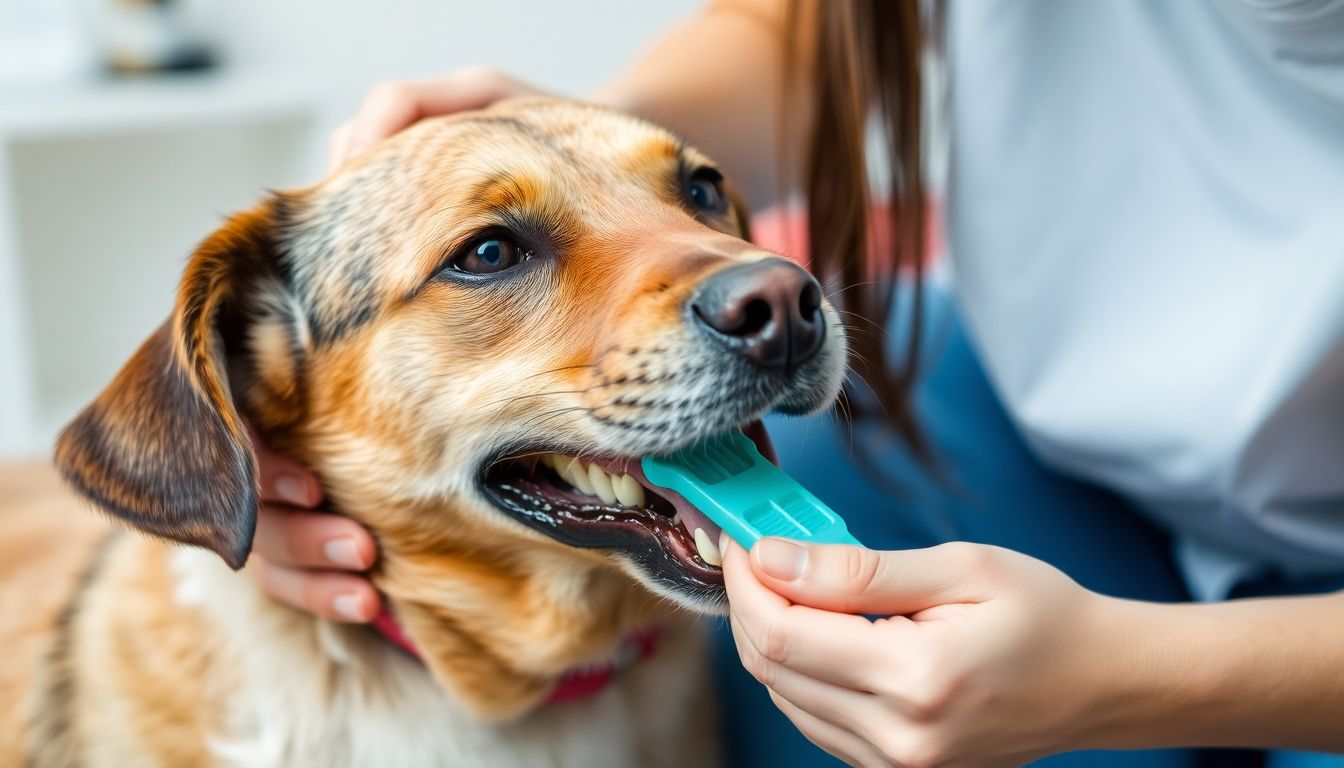
Dental Care for Pets in Off-Grid Situations
In the spirit of off-grid living, where self-sufficiency and resourcefulness are key, it’s crucial not to overlook our furry companions’ dental health. Regular dental care for pets is vital, as poor oral hygiene can lead to serious health issues, including heart, lung, and kidney diseases. Off-grid situations might pose challenges, but with a bit of creativity and some simple techniques, maintaining good oral hygiene for our pets is entirely possible.
Firstly, let’s understand why dental care is so important. Pets, especially dogs and cats, can develop plaque and tartar buildup, leading to gum inflammation and tooth loss if left untreated. This can also allow bacteria to enter the bloodstream, potentially causing systemic infections.
Now, let’s dive into some practical tips for maintaining your pet’s dental health off the grid:
- Diet and Chews: Feed your pet a balanced diet that includes crunchy foods or treats, which can help scrape away plaque. Dental chews and toys designed to clean teeth can also be beneficial. Remember, variety is key to ensure they get a mix of nutrients and textures.
- Regular Check-ups: While you might not have access to modern veterinary care, regular visual inspections of your pet’s teeth and gums can help you spot any issues early. Use a flashlight and a small mirror or even a smartphone camera to get a good look.
- Manual Cleaning: With a bit of patience and the right tools, you can clean your pet’s teeth manually. Use a pet-specific toothbrush and toothpaste (never human toothpaste, as it can be harmful to pets). Start by gently lifting your pet’s lip and brushing the outer surfaces of the teeth in small circular motions. Work your way around the mouth, using a different section of the brush for each quadrant to avoid cross-contamination.
- Natural Remedies: Certain herbs and plants can help promote oral health. For instance, parsley can help freshen breath, while cloves contain eugenol, a natural antiseptic. Always introduce new foods gradually and monitor your pet for any adverse reactions.
Lastly, always remember that prevention is better than cure. Regular dental care, combined with a balanced diet and plenty of playtime, can help keep your pet’s teeth and gums healthy and strong, even in off-grid situations. So, grab your homemade toothbrush and let’s get brushing!
FAQ
What is survival dentistry and why is it important?
What are some common dental emergencies that might arise off-grid?
How can I perform a simple dental exam at home?
What should I do if I have a severe toothache off-grid?
- Rinse your mouth with warm water and use dental floss to remove any food caught between your teeth.
- If your face is swollen, apply a cold compress to your cheek.
- Take over-the-counter pain relievers like ibuprofen or acetaminophen to help manage the pain.
- Avoid hot, cold, or sweet foods and drinks, as they can exacerbate the pain.
- If the pain persists for more than a day or two, or if you develop a fever or earache, seek immediate medical attention.
How can I temporarily repair a broken tooth or lost filling?
What should I do if a tooth gets knocked out?
How can I maintain good oral hygiene off-grid?
What are some natural remedies for oral health?
- Oil pulling: Swish a tablespoon of coconut oil or sesame oil in your mouth for 10-20 minutes to help remove bacteria and promote healthy gums.
- Salt water rinse: Mix 1/2 teaspoon of salt in 8 ounces of warm water and use it as a mouthwash to help reduce inflammation and prevent infections.
- Cloves: Cloves contain a natural pain reliever called eugenol, which can help alleviate toothache pain. You can apply a small piece of clove directly to the affected tooth or make a paste using ground cloves and a little bit of olive oil.
- Baking soda: Baking soda is a natural teeth whitener and can help neutralize acids in the mouth. You can use it as a toothpaste or add it to your toothbrush to help remove stains and promote oral health.
How can I make a homemade dental floss?
- Waxed thread: Use a clean, unwaxed thread or dental floss that has been coated with a small amount of beeswax or candle wax to make it easier to slide between teeth.
- Ribbon: Cut a small piece of clean, sterile ribbon into a long, thin strip. This can be used as a makeshift dental floss to clean between teeth.
- Paper clip: Straighten a clean paper clip and use it to gently clean between your teeth. Be careful not to poke or damage your gums.
What should I do if I develop a dental abscess off-grid?
- Rinse your mouth with warm salt water to help reduce swelling and draw the infection out.
- Apply a cold compress to your cheek to help alleviate pain and reduce swelling.
- Take over-the-counter pain relievers like ibuprofen or acetaminophen to help manage the pain.
- If possible, try to drain the abscess by gently pressing on it with a sterile needle or by using a warm compress to encourage the infection to come to a head. Be careful not to push the infection back into your mouth or body.
- Seek immediate medical attention, as dental abscesses can be life-threatening if left untreated.



